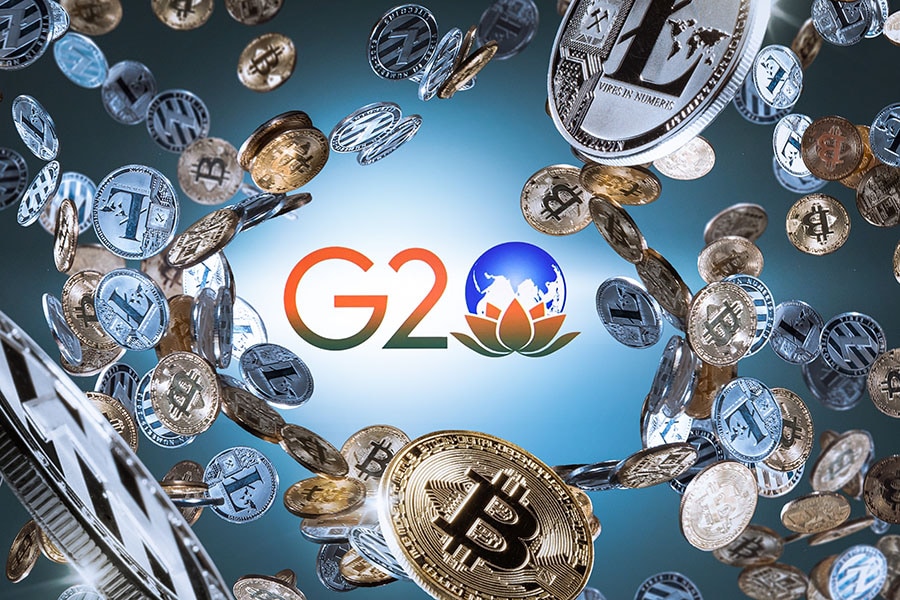
Crypto assets: G20 sets out global rules
The Financial Stability Board's global regulatory framework receives mixed reactions from industry players
 The FSB's recent announcement comes in response to the increasing impact of cryptocurrencies on the global economy. Image: Shutterstock
The FSB's recent announcement comes in response to the increasing impact of cryptocurrencies on the global economy. Image: Shutterstock
On July 17, the Financial Stability Board (FSB) published the final recommendations requested by the Group of 20 (G20) nations on supervising firms that trade crypto assets such as bitcoin. During their meeting in Gandhinagar, Gujarat, the FSB also revised its existing recommendations for stablecoins in light of the demise of TerraUSD and Luna coins.
The G20's FSB monitors and makes recommendations on the global financial system. Under the global rules it announced, cryptocurrency firms will have to introduce basic safeguards to prevent events such as the collapse of FTX Exchange.
The FSB's recent announcement comes in response to the increasing impact of cryptocurrencies on the global economy. However, according to experts, these recommendations are vague, don’t keep in mind the fundamentals of the crypto ecosystem, and miss major concerns around cybersecurity, anti-money laundering, and counter-terrorism financing.
“The events of the past year have highlighted the intrinsic volatility and structural vulnerabilities of crypto assets and related players. They have also highlighted how the failure of a key service provider in the crypto asset ecosystem can quickly transmit risks to other parts of that ecosystem. If linkages to traditional finance were to grow further, spillovers from crypto asset markets into the broader financial system could increase,” the FSB said.
The collapse of FTX in November 2022 underlined vulnerabilities in crypto firms and, according to the FSB, all countries should apply the recommendations, even those that are not members of the watchdog. FTX was based in the Bahamas and was not an FSB member.
Also Read- How a digital rupee can revolutionise cross-border payments








